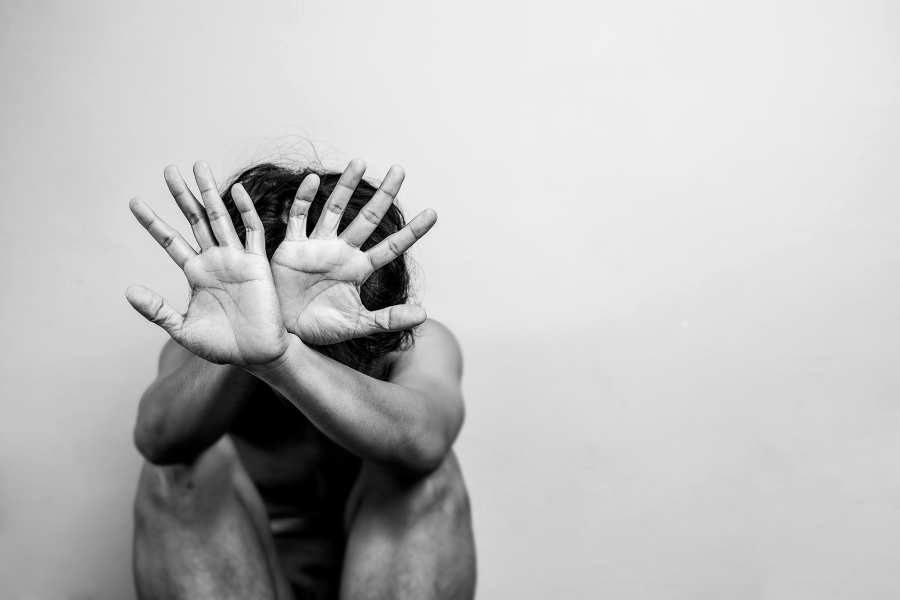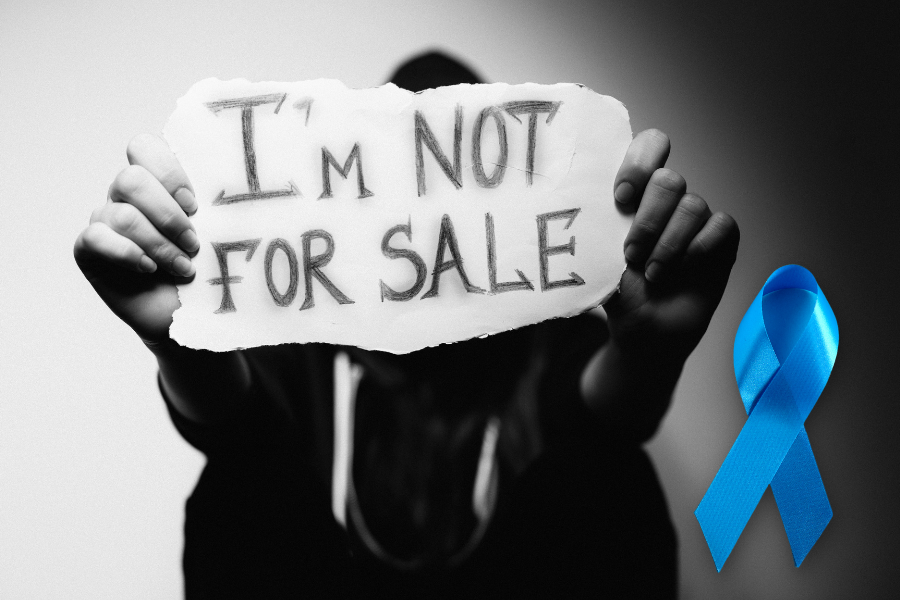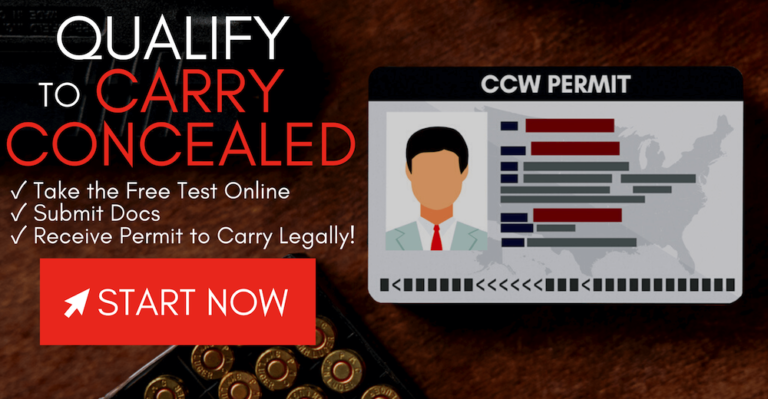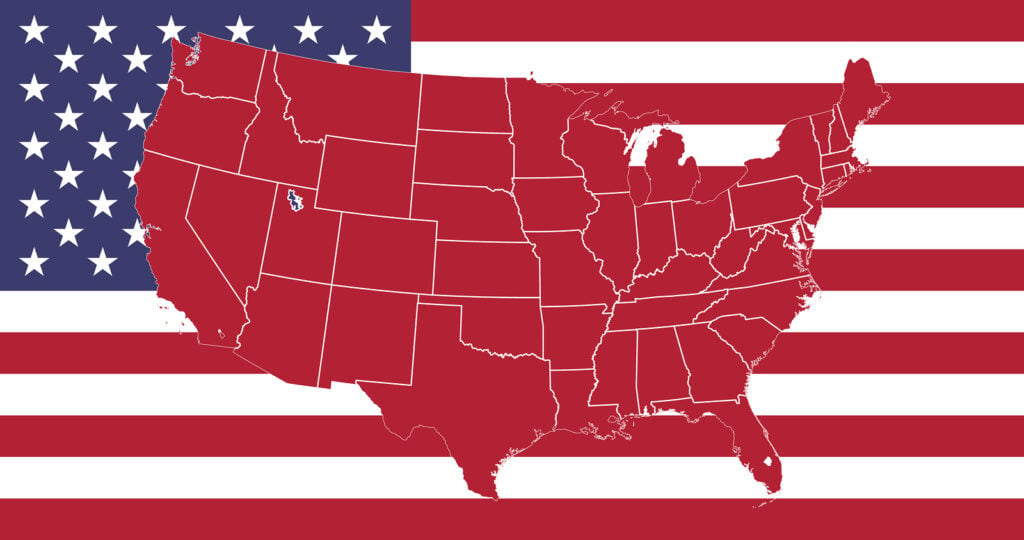January is National Human Trafficking Prevention Month. Every year since 2010, the United States Presidents have dedicated this month to raise awareness about trafficking and educate the public on how to identify and prevent it. The U.S. Department of State also extends these efforts abroad through embassies and consulates.
What is Human Trafficking?
Simply put, human trafficking, also known as “trafficking in persons,” is the business of stealing freedom for profit. It affects over 25 million people of all ages around the world.
Human trafficking includes both forced labor and sex trafficking. Worldwide, experts believe there are more instances of labor trafficking and forced servitude, but in the U.S., we often hear more about the sex trafficking aspect of the crime.
It is important to note that human trafficking can take place even if the victim initially consented to providing labor, services, or commercial sex acts, and ANY kind of a sex act performed by a minor is a crime, regardless of circumstances.

Common Myths About Human Trafficking
There’s a lot of information that may be circling out there about human trafficking, but how can you know what’s accurate? Here are some of the most common myths surrounding the crime:
Human trafficking is always or usually a violent crime.
Most traffickers actually use psychological means, such as tricking, manipulating, or threatening victims into exploitation.
Traffickers target victims they don’t know.
Many survivors have been trafficked by romantic partners, including spouses, and by family members, including parents.
Human trafficking only happens in illegal or underground industries.
Cases of trafficking have been reported (and prosecuted) in industries including restaurants, cleaning services, construction, factories, and more.
One type of trafficking is domestic servitude, which is a form of forced labor where the trafficker requires a victim to perform work in a private residence. This can result in the victim becoming very isolated, making it hard to break the cycle.
Human trafficking involves moving, traveling, or transporting a person across state or national borders.
Human trafficking is often confused with human smuggling, which involves border crossings. Human trafficking does not actually require movement, and survivors can be recruited and trafficked in their own homes or towns.
People being trafficked are physically unable to leave their situations or are being held against their will.
This is sometimes the case. However, some people stay in trafficking situations because they don’t have transportation or a safe place to go, or they are afraid for their safety if they leave. Still others have been manipulated to the point where they don’t feel they want or need to leave.
By the Numbers
According to the U.S. Department of Defense, an estimated $91 billion is made from sex trafficking each year, and around $51 billion is made from the use of forced labor.
In an effort to combat this crime, the Human Trafficking Hotline was created in 2007. This hotline is a 24/7 service operated by highly trained agents from the nongovernmental organization Polaris. It is available in over 200 languages, so individuals can call in tips if someone they know may be a victim of trafficking or if victims themselves are seeking help to escape trafficking situations.
In 2021 alone, the hotline received 51,073 signals, made up of texts, calls, and online chats. Of these signals, 13,277 were from victims or survivors of human trafficking themselves.
Since its inception in 2007, the Human Trafficking Hotline has received almost 400,000 signals:
- 283,584 hotline calls
- 62,273 SMS reports
- 30,532 online reports
- 15,409 emails received
- 7,696 web chats
From these signals, the organization has been able to identify 82,301 cases of human trafficking involving 164,839 victims.
If you would like additional information, the hotline’s website has both national and state-specific statistics available for viewing to learn about the activity in your area.

Fighting Trafficking – How Can You Help?
The Human Trafficking Hotline
The aforementioned Human Trafficking Hotline can be called confidentially at any time at 1-888-373-7888. Trafficking victims are always eligible for help, regardless of their citizenship status.
If you don’t feel comfortable or safe making a call to the hotline, there are several additional ways to reach out:
- Text the hotline at 233733
- Submit an anonymous tip online using this form
- Send an email to [email protected]
In addition to the Human Trafficking Hotline, you can also contact the Department of Defense Inspector General Hotline at 1-800-424-9098.
Education and Awareness
Polaris offers free online training on preventing human trafficking. This training will allow you to learn more about the signs of trafficking so you can remain vigilant, looking out for both your own safety and the safety of your friends and family.
In recent years, social media (especially TikTok) has also become a place to spread stories about signs and personal experiences with trafficking that can be helpful. You can initiate action on social media to raise awareness about this crime as well, utilizing hashtags like #endtrafficking and #freedomfirst. (Just a caveat to this social media point – While there may be a lot of good information out there, there could also be incorrect information floating around. Make sure you do your due diligence and follow up on information you find on these sites.)
Finally, if you are a parent or caregiver, learn about how human traffickers recruit young people and teach children how to navigate out of suspicious or uncomfortable situations. If you are an adult without a dependent but would still like to help, consider becoming a mentor to a younger person, as traffickers often target those who seem to be unsupervised or without a strong support network.
Want to learn more about protecting those who matter most in your life? Join the Coalition and gain access to an immense library of online defensive living content today!
Sources: U.S. State Department, U.S. Department of Defense, Polaris Project, National Human Trafficking Hotline




